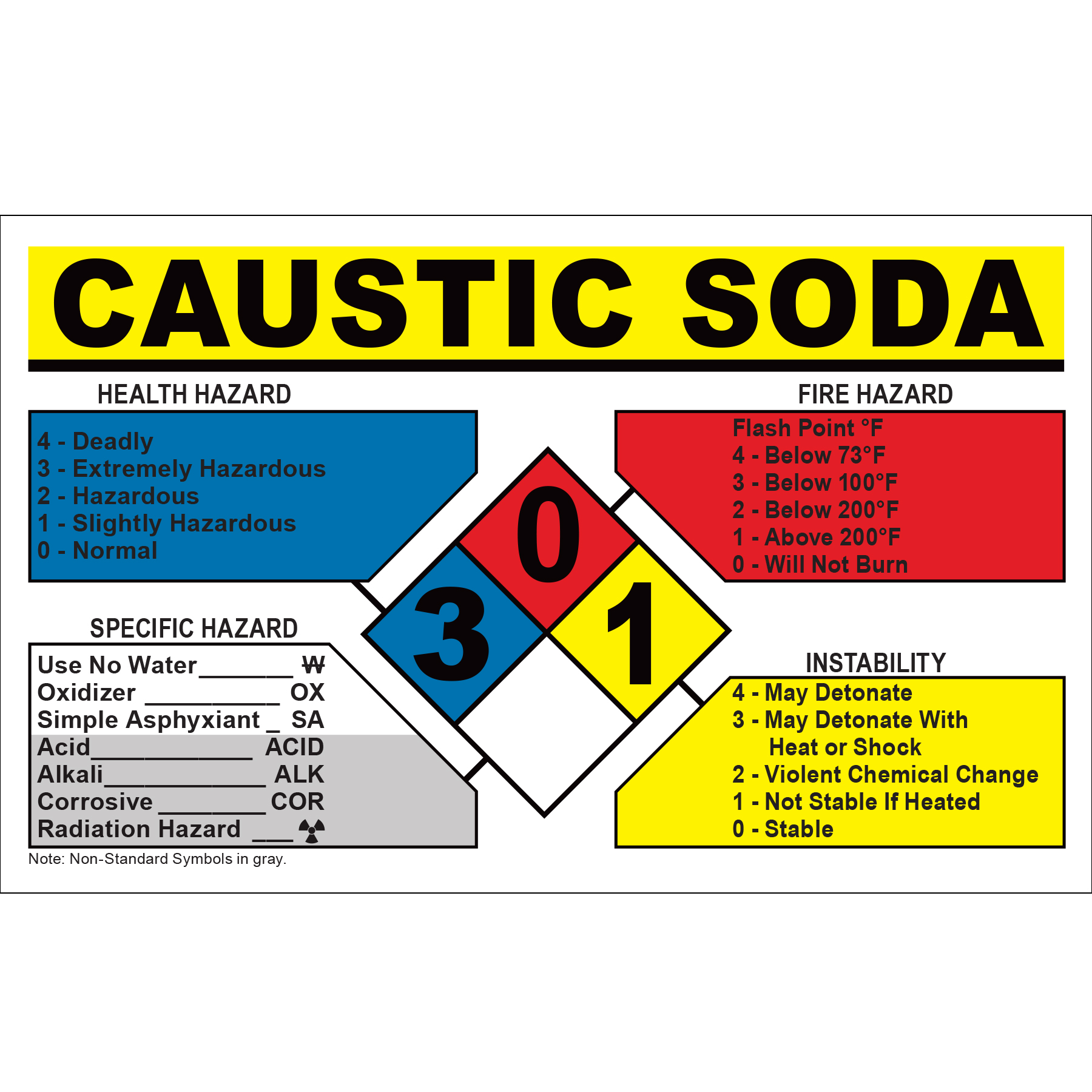Is the relentless pursuit of perfect information an illusion, a chase after shadows in the digital age? The stark reality is that our search engines, the supposed gateways to knowledge, often fail us, leaving us staring at the cold, impersonal declaration: "We did not find results for:" a phrase that underscores the limitations of our technological tools and the frustrating complexity of human inquiry.
This digital echo, this void where information should reside, serves as a constant reminder of the incomplete nature of our online world. The promise of instant access to all knowledge, the grand vision of a unified global library, is often met with a frustrating silence. We type our queries, meticulously crafting phrases, and still, the algorithms return a blank slate. "Check spelling or type a new query," the accompanying prompt suggests, a patronizing directive that does little to alleviate the gnawing feeling of information deprivation. This recurring failure highlights a fundamental truth: the internet, for all its vastness, is not a perfect mirror of reality, and the information it presents is filtered, curated, and inevitably, incomplete.
The experience is a common one. We seek answers, we pose questions, we navigate the labyrinthine depths of the web, only to be met with a dead end. Whether we're searching for a specific fact, a nuanced perspective, or a detailed explanation, the digital response can be disheartening. The "We did not find results for:" message is more than just an error; its a statement about the limits of the information available, and also the capabilities of the search engine itself. The lack of response is frustrating, but also thought-provoking, leading us to question the very nature of our digital reliance.
Consider the scenarios where this phrase is most likely to appear: esoteric topics, niche interests, or highly specialized fields of study. Perhaps you're researching obscure historical events, attempting to track down the precise wording of a rare legal precedent, or trying to decipher the intricacies of a complex scientific theory. In these cases, the lack of results can be attributed to a number of factors. First, the topic itself might be underrepresented online. Information may exist, but has not yet been digitized and indexed. Second, the query itself could be too specific, making it difficult for search engine algorithms to match it with relevant content. Misspellings and grammatical errors, however minor, can also skew search results, contributing to the frustration.
The persistent use of this phrase, "Check spelling or type a new query," further exemplifies the gap that separates human understanding from the digital processing of language. It is a plea for a more precise expression, a reminder that the search engines have not yet evolved to fully comprehend the complexities of human thought. Search engines are programmed to seek exact matches, overlooking the nuances of context and the inherent ambiguities of natural language. In other words, they are literal interpreters, struggling to interpret the intentions of the user beyond the precise letter and structure of the typed query.
The phrase also touches upon the ever-present issue of data privacy and its effects on available information. As websites become increasingly protected and private, data availability, and the search engine capabilities, will be limited. This restriction on information is a contributing factor that is directly correlated with the prevalence of We did not find results for:. It is a sobering statement about the state of information on the internet.
It is a sign of the times, as technology continues to evolve, the digital landscapes will continue to change, resulting in more We did not find results for: statements, and more frustrations for users. To combat this, we must embrace a more thoughtful approach to information access. This includes improving the quality of our search queries and developing a more critical eye for what we encounter online. Ultimately, the struggle to find the information we seek underscores the need for a balance between digital tools and human judgement. The message is a reminder of the persistent limitations of our tools and the enduring complexity of the human quest for knowledge.


